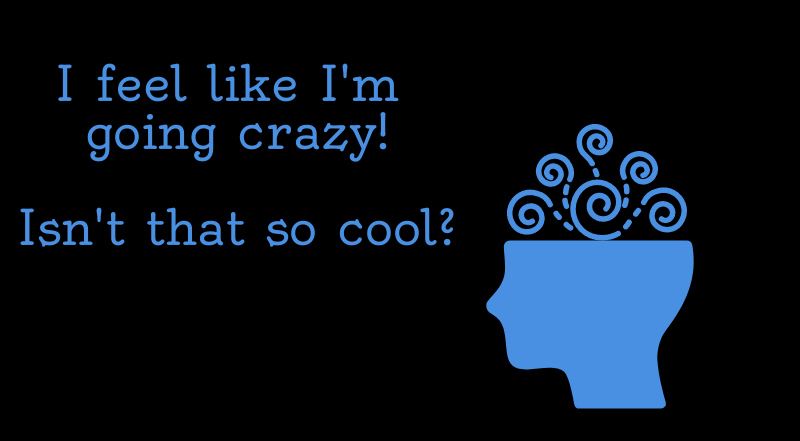The TikTok Diagnosis
One of the most prevalent issues facing Gen Z is mental illness. According to the American Psychology Association: “More than nine in 10 Gen Z adults (91 percent) said they have experienced at least one physical or emotional symptom because of stress, such as feeling depressed or sad (58 percent) or lacking interest, motivation or energy (55 percent).” Gen Z may be more mentally ill than other generations, but TikTok and other social media has allowed people to fake being mentally ill.
“The quirkification of mental illness has resulted in this nauseating grab for attention.” said Gwen Farrell, a contributor to Evie Magazine.
People on TikTok are looking for attention, and the way they are doing it is through a mental illness appropriation. Gen Z feels as though it’s quirky and special to be mentally ill, and they ignore the ugly reality of mental illness.
“[…] it fetishises mental disorders and real issues that people struggle with.” Farrell elaborated further.
Christina Caron, a reporter for the New York Times claimed that, “A number of mental health providers say that they are seeing an uptick in teenagers and young adults who are diagnosing themselves with mental illnesses — including rare disorders”.
Illnesses such as D.I.D (Dissociative Identity Disorder) or Schizophrenia are being diagnosed through Buzzfeed quizzes. This is not okay. Serious mental illnesses are a serious ailment, and should not be trusted on the internet. Not only that but this takes out of perspective how much work a therapist has to do to diagnose a patient.
“Therapists must look at the range of experiences a client is having, when they occur and for how long. Are they functioning in their life? How are they sleeping, eating, relating to others? How is their mood and motivation?”
People who actually have gone to school and have a degree are much more credible to diagnose you, than a thirty second video from a sixteen year old influencer. But young people are just trying to feel supported.
“…adolescents appear to be turning to TikTok as a source of support, and the advice there is largely driven by users’ conversations.”
Gen Z just has an innate urge to be supported, especially as teens. Gen Z teens just wish to be understood and accepted.
“Kids are searching for a community, and are using their current struggle with mental health symptoms as a way to find like-minded people, sometimes wearing their symptoms as a badge of pride or a shorthand way to explain themselves to others,”
While social media platforms are engaging and intriguing, their use to diagnose mental disorders should not be tolerated. Rather you should seek out a psychiatrist or mental health professional with issues regarding your mental health.




